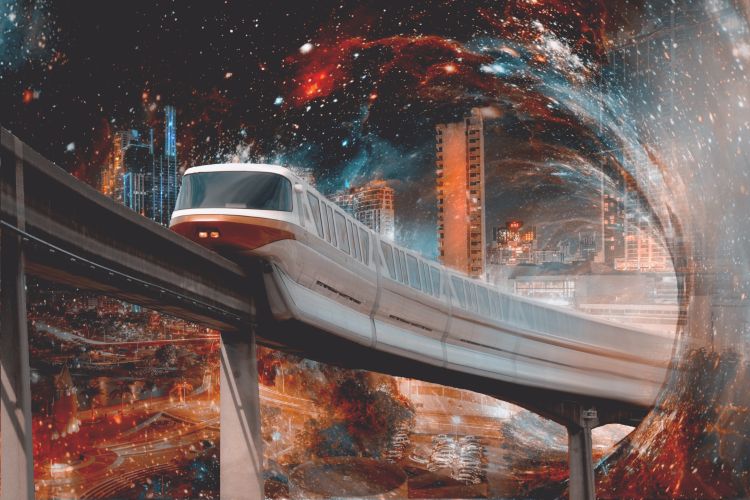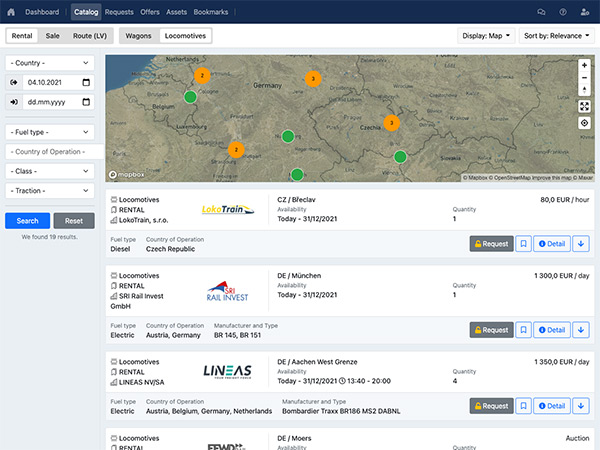The study, led by Prof. Günter Emberger of the Institute of Transport Sciences, looked at existing modes of transport, such as walking, alongside futuristic concepts such as hyperloops and drone transport. The research team concludes that a combination of active mobility (walking and cycling) and public transport is the most promising solution.
Climate change driving the framework
Günter Emberger believes that our mobility behaviour will undergo fundamental changes in the coming decades. These changes will be driven either by concerted efforts to limit global warming to below 2°C, resulting in significant measures ("change by design"), or by external factors such as extreme weather events, global migration, and social and political upheavals that make it impossible to maintain the status quo ("change by disaster").
In order to meet its climate targets, Austria must reduce its greenhouse gas emissions from transport by around 30% by 2030 compared to 2017. In addition, the transport sector is to become climate neutral by 2040.
According to Austria's Minister for Climate Protection, Leonore Gewessler, achieving climate-friendly mobility requires a joint effort by the government, local authorities and the public. Political decisions can make sustainable mobility the preferred, affordable, comfortable and safe choice for people. Positive signs include the increasing sales of bicycles compared to cars in Austria and the growing use of electric vehicles. However, there is still a long way to go on the road to sustainable mobility.
Familiar modes of transport lead the way
ÖBB CEO Andreas Matthä explains that Austria is in the midst of a railway renaissance, with automation, digitalisation and artificial intelligence opening up new prospects. Rail has already outperformed the car on the western route, and similar success is expected on the southern route in the coming years. Multimodal transport hubs are being developed to cover the last mile with car, bike and e-scooter sharing or on-demand mobility options, creating climate-neutral and future-proof mobility for all.
Automobiles, regardless of their propulsion system, have received poor ratings due to their high energy consumption, land use and cost. The same is true for aircraft, with emerging technologies such as drones and hyperloops receiving even more negative ratings.
Human power and public transport
From this perspective, the future mobility system should primarily consist of a combination of rail-based mass transit for medium and long distances and walking and cycling for short distances. According to Günter Emberger, this combination is the only way to meet people's global mobility needs in a way that is climate-friendly, resource-efficient and socially equitable. He argues that the success of the current car and air transport systems is largely due to decades of policy support that has shifted their external costs onto the public. However, in the face of impending climate catastrophe, this polluting and socially unjust system is no longer sustainable.
Although it is impossible and impractical to predict mobility in 100 years' time, the research team aims to show that there are meaningful and sustainable scenarios. It is the responsibility of policy makers to proactively shape the future of mobility in collaboration with the public, to envision positive future scenarios and to implement appropriate measures.

